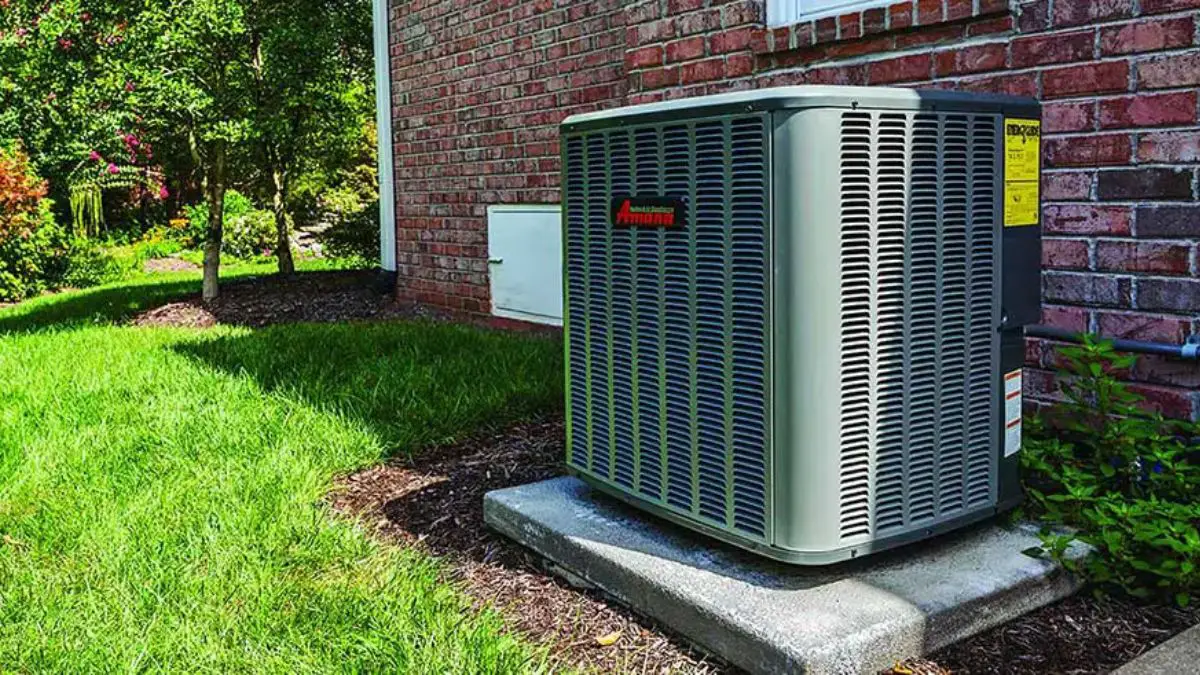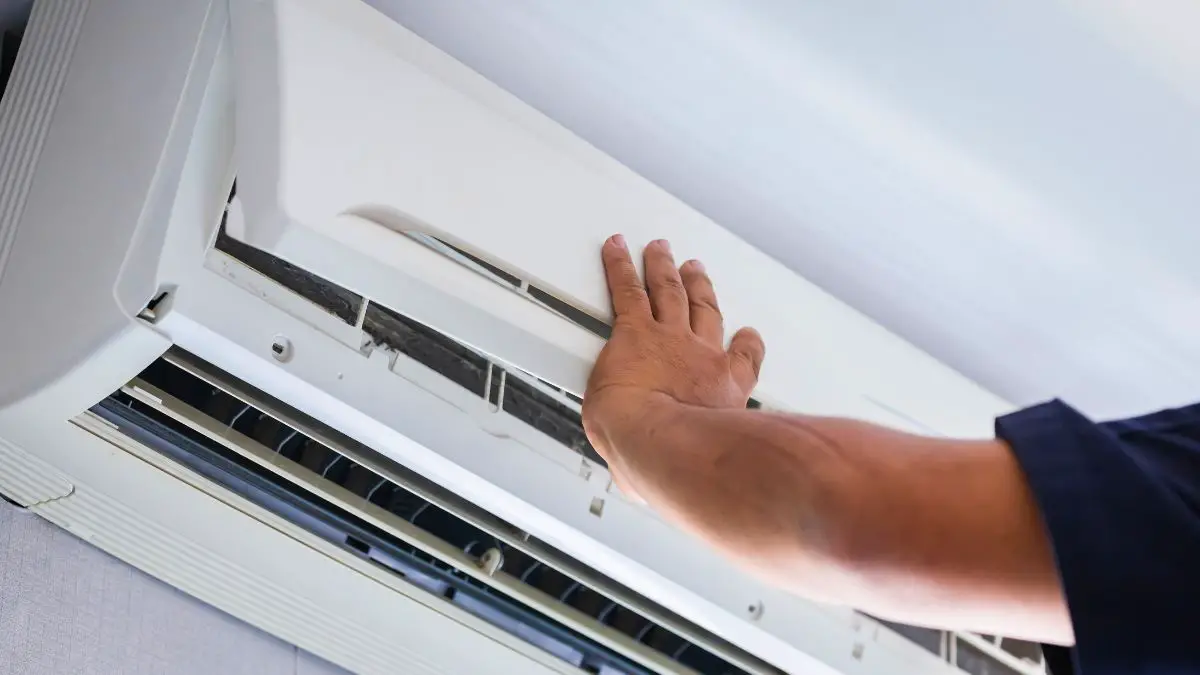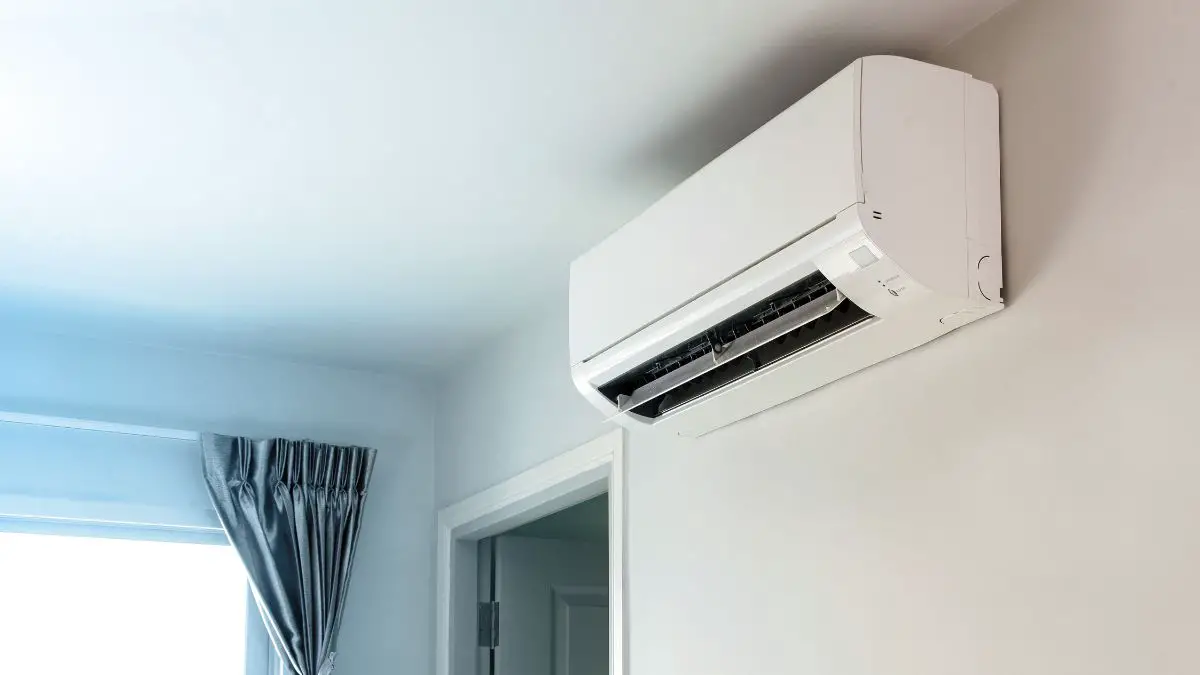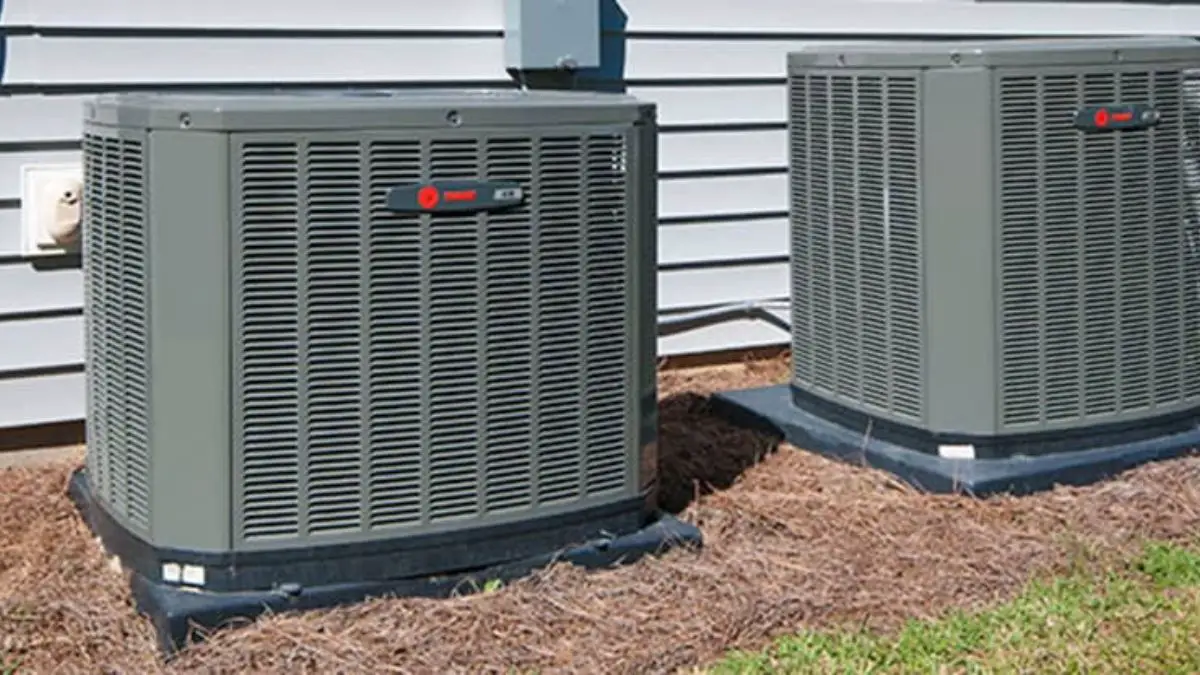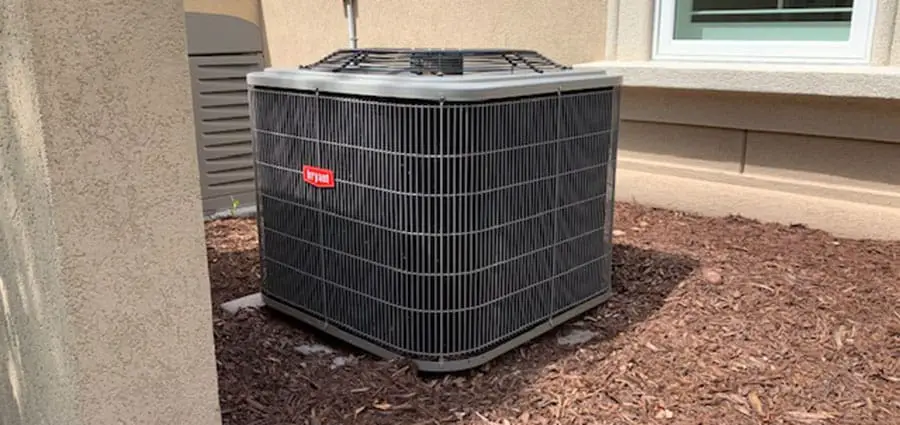
Heat pumps are a popular solution for heating and cooling your home. They are highly rated because they are energy-efficient and low-cost to operate. Does a heat pump cool as well as an air conditioner?
A heat pump can cool and an air conditioner, provided the SEER ratings (seasonal energy efficiency ratio) are equal. The SEER rating determines how efficiently the heat pump system operates. If the SEER rating of the heat pump is higher, it can outperform air conditioners with lower SEER ratings.
In our Complete Guide to Heat Pump SEER Ratings, we explain what SEER ratings are, how they are calculated, and how they are used to compare heat pump systems.
Additional determining factors that determine how a heat pump performs include where you live, the age of the system, and the size of the home or building.
The rest of this article will look at the finer details you need to know about how heat pumps work, especially when compared to air conditioners. Watch out for tips to help you buy heat pumps that will deliver both summer and winter.
Heat Pumps vs. Air Conditioners: How Do They Work?
Heat pumps and conventional air conditioners are virtually the same when it comes to how they function. The main difference is that while air conditioners only cool a space, heat pumps can heat and cool your home.
Air conditioners can only exchange heat from the interior living space to the exterior of the building. Air conditioners are paired with electric or gas furnaces to heat your home.
Heat pumps provide both cooling and heating. Heat pumps have a device called a reversing valve that reverses the flow of the refrigerant in the system, allowing the heat pump to remove heat from the interior in cooling mode and add warmth to the interior in heating mode.
When heat pumps remove heat from the indoor air and move it outdoors, they cool the temperature in your house. When they extract heat from the outside air and transfer it to the inside air, they can warm the interior living space. The video below helps to illustrate this process.
Heat pumps and air conditioners share their fundamental architecture with refrigerators. If you look behind your refrigerator, you’ll find coils that are hot when you touch them. These coils are how the heat from your refrigerator is removed, keeping your groceries cold.
Contrary to what you might think, air conditioners don’t add cold air to living spaces they are trying to cool. Air conditioners work by removing the heat from the air through a heat exchanger that uses refrigerant to absorb heat from the air and move it outside your home.
Heat is removed from the air and distributed back into your home. On average, a properly performing air conditioner or heat pump can create a temperature differential of 15-20 degrees or more. Over time, this process cools your home.
For example, Suppose your thermostat is set at 72 degrees, but your interior temperature is 78 degrees. In that case, your system takes in interior air of 78 degrees, extracts the heat from the air, and redistributes it into the house until the desired 72 degrees is obtained.
The supply air is often 15-20 degrees cooler or 63-58 degrees in this example. In this example, the cooler air lowers the interior temperature to the desired 72 degrees over some time.
How Does a Heat Pump Cool During the Summer?
You’ve seen the basic principle behind how does a heat pump cool above. During the summer, they rely on the phase-changing refrigerant to absorb heat from the surrounding air through a set of coils.
The heat absorbed is released outside through another set of coils in the outdoor condensing system. This method is precisely how air conditioners operate.
An additional benefit that air conditioners and heat pumps provide when cooling your home in the summer is that they can get rid of the excess humidity from your home. With air flowing over the evaporator coil, the extra humidity condenses into water that goes into the drainpipe that drains outside.
This leaves your home feeling more comfortable. Removing excess humidity also ensures you don’t have to worry about mold or the proliferation of allergens that thrive in highly humid environments.
How Climate Affects Heat Pumps
Heat pumps work best in warm climates that have mild winters. As you’ve seen above, extreme winters can stop the heat pump from functioning effectively. If you are unsure about the efficacy of heat pumps for your climate, get professional guidance from a qualified HVAC expert living around you.
You may not have any problems running the heat pump in hot weather, but you could find your electricity bill increasing if you use it in the winter in the wrong area.
Since it is more difficult for the heat pump to extract heat from the air in extreme cold, it won’t warm your home correctly. This could mean running the machine around the clock, which will wear it down and increase your energy usage.
Depending on the size of the heat pump and other details, 25 to 10 °F (-3 to -12°C) is the lowest temperature range you should expect your heat pumps to work in.
How to Buy Heat Pumps That Will Work Well in the Summer
To buy the best heat pump that will deliver in all weather conditions, here are two things you should do.
Pay Attention to SEER and HSPF Ratings
The seasonal energy efficiency ratio (SEER) is a guideline for all air-source and ductless split systems. Higher ratings often mean better efficiency. However, you need to pay attention to the recommended federal minimums when buying a heat pump. These are:
- 13 SEER for properties in the Midwest, Pacific Northwest, Northeast, and the Mountain states.
- 14 SEER for everywhere else.
Heating seasonal performance factor (HSPF), on the other hand, is a rating for heat pumps only. It tells you the heating efficiency of the equipment. Experts recommend buying heat pumps that are rated at least 15 SEER and 8.5 HSPF.
In areas that have freezing winters, a dual fuel heat pump may be a better option. A dual fuel heat pump utilizes a gas furnace as a backup heat source rather than the traditional electric heating strips. For more information on dual fuel heat pumps, see our article Are Dual Fuel Heat Pumps Worth It? What You Need to Know.
Pick a Heat Pump That Fits the Size of Your Home
If you buy an undersized heat pump or oversized for your home, it won’t heat or cool effectively, and you’ll also have to deal with a bloated energy bill. You’ll also not get the comfort you were looking for with the purchase, and if it’s an oversized unit, it will cycle on and off too much, shortening its lifespan.
To pick a heat pump that is the right size for your home, you should work with a professional that knows how to use the Air Conditioning Contractors of America (ACCA) recommendations to arrive at a decision.
Factors that you will consider in the decision include your home’s insulation values, wall thickness, air filtration, your home’s foundation, and more. This is why you should ensure that your home is already as energy efficient as it can be before you consider getting a heat pump. It’s essential if you want to buy the exact size that should work for your home, instead of a big and expensive option.
How Are Heat Pumps Maintained?
The process of servicing heat pumps is the same as you’d expect with an air conditioner. Here’s what you should do at least once a year:
- Clean the coils thoroughly.
- Check the refrigerant levels.
- Lubricate and adjust the blower fan.
- Inspect the electrical system.
However, you should know that you should maintain the air filters in your heat pump system a lot more frequently. Check them once a month and get them changed at least once every quarter.
Conclusion
Heat pumps cool as well as air conditioners in most warm climates. However, you need to ensure you’ve bought the best unit possible to enjoy optimum comfort and avoid increasing your energy bills. Getting the best heat pump reduces dealing with wear and tear from overworking the system.
If you also intend to use the heat pump to warm your home during the winter, don’t forget to pay attention to the necessary details, such as the average lowest temperatures in your area. Heat pumps begin to struggle around freezing temperatures.


